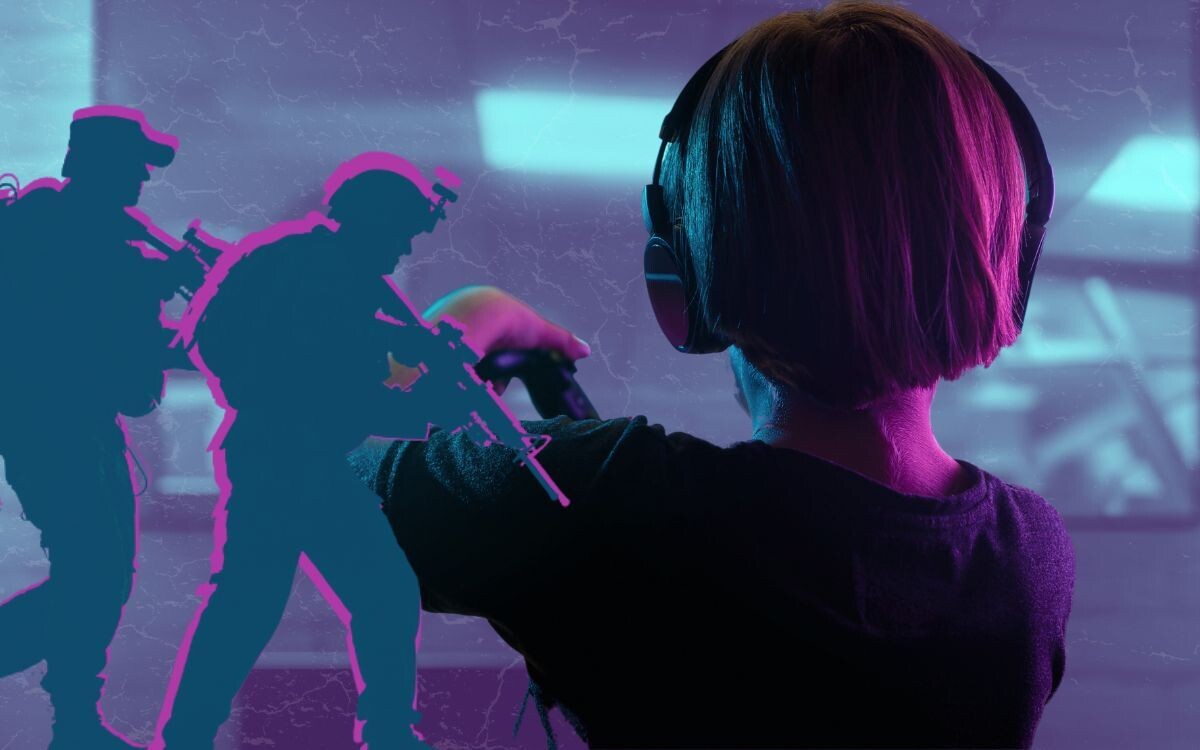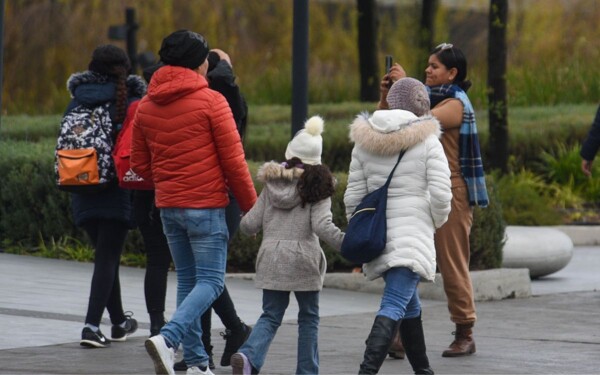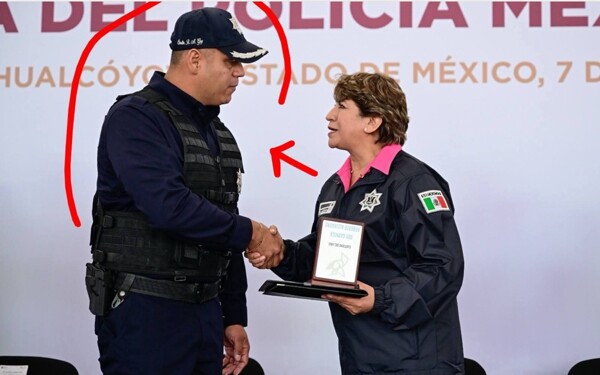
In the framework of Children's Day, Juan Martín Pérez García, regional coordinator of Weaving Childhood Networks, has warned about the alarming forced recruitment of girls, boys, adolescents, and youth by organized crime in Mexico. Pérez García has pointed out that this phenomenon represents a pending debt of the Mexican state, as it does not guarantee the protection of the fundamental rights of these vulnerable groups nor complies with international recommendations on the matter.
The regional coordinator has highlighted that in the last two decades, this crime has been on the rise in the country, especially in the context of the war against organized crime. Armed conflicts have forced children to live amidst violence and displacement, depriving them of their childhood and basic rights. According to estimates from Weaving Childhood Networks, annually between 35,000 and 45,000 girls, boys, and adolescents are recruited by drug cartels in Mexico.
In Pérez García's words, these youths are drawn by promises of easy money and protection, which leads them to integrate into these criminal groups. They are condemned to a fast and dangerous life, as they are seen as easy targets due to their vulnerability and their search for belonging and identity. Pérez García has warned about the devastating impact of this crime, where victims become perpetrators, and has lamented the lack of official figures on the recruitment of minors in the country.
Regarding the activities assigned to the recruited children, they range from messenger and surveillance duties to participation in criminal activities such as drug trafficking and sales, thefts, extortions, and homicides. Pérez García advocates for the legal classification of these criminal activities to lay the groundwork for a public policy that addresses this structural problem. It is essential to make visible the true magnitude of the problem by accounting for the cases and profiles of the victims.
Weaving Childhood Networks has presented studies based on data from INEGI that identify the profile of the most vulnerable children in areas with high homicide and violence rates. These conditions, such as disconnection from the educational system or exposure to severe domestic violence, are exploited by cartels to recruit minors. Pérez García has reminded the Mexican state of its international obligations regarding the protection of children, highlighting the recommendations from the UN Committee on the Rights of the Child, which have been ignored for years.
In conclusion, Pérez García has called for moving away from the current strategy based on militarization and punitive populism, advocating for a comprehensive policy that effectively addresses this serious problem of forced recruitment of minors by organized crime. It is necessary to promote measures that respond structurally to this situation and protect the fundamental rights of children and adolescents in Mexico.














